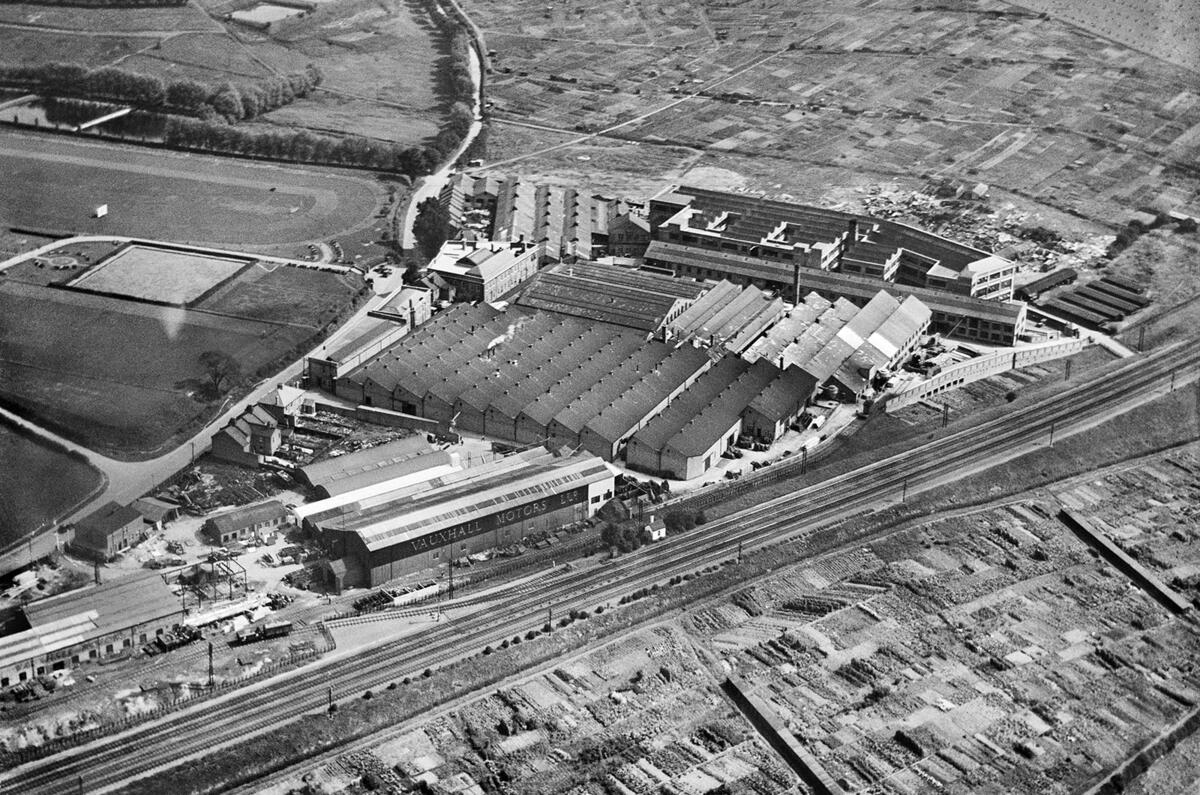News that Vauxhall is creating 550 new jobs at Luton and Ellesmere Port – while its close relation, Opel, is shutting the Bochum plant in Germany – ought to focus our attention on the good things this century-old British brand is pulling off these days.
Though its deadly rival Ford of Britain has abandoned all car and van manufacture, Vauxhall still makes mainstream hatchback cars (Vauxhall Astras) and light vans (Vivaros) in this country – both clearly in strong demand.
Its quality and work practices compare with any in Europe, and the adaptability and fighting spirit of its workers is well enough regarded by the GM Europe management to win recent favourable treatment. (As GM Europe boss Karl-Thomas Neumann observed yesterday, it’s only a year since GM’s bigwigs were discussing closing Ellesmere entirely: now it’s confirmed as leading plant for the next-gen Astra).
There’s more. Vauxhall, it seems, sets the example for the rest of GM Europe – and plenty of others – at converting showroom visitors into owners. Stick your nose in a Vauxhall emporium, the statistics say, and you’re likely to drive out in a new Astra. Or Insignia or Adam, or the new Corsa when it arrives. Or likely this time next year, a new Viva-badged city car.
This interesting showroom fact doesn’t necessarily mean Vauxhall visitors are more persuadable than others. It’s more likely to mean the people who viewed Vauxhall’s latest offerings were more impressed than they expected to be.
It’s a common theme. Vauxhall-Opel exterior styling is as good as the best nowadays. The Astra, especially the exceptional GTC, still looks handsome most of the way through its life. The Mokka’s a soaraway success. Even the Insignia, good enough to be Car of the Year a few years ago, does decent business in a class no longer wholly embraced by families, as it once was.
The problem, as Luton insiders know, is brand perception, a powerful but frustratingly elusive form of buying incentive. Vauxhall is a nice-sounding word, and makes the perfect link with the interesting and ancient part of inner London where the marque was born more than 100 years ago.
Problem for Vauxhall as a car brand is that it has always been there, and for too many years it has been attached to cars two-thirds of the way down the pecking order. But the tide began to turn, model-wise, some time ago, and today we see signs that the turn is benefitting British business.
Stand back, half-close your eyes, and Vauxhall stands for good, modern standards of design and quality, with a handy overlay of German precision chucked in. Time to give the ordinary old brand some credit, I think.








Join the debate
Add your comment
Owner of 2 Vauxhall's
Astra Sports Tourer MY11 SRI 2.0 CDTI:
59k mile
3 years
Failures: none
Faults: 1 sticking rear disc calliper (that's it - laughs in the face of many VW Golf MK 6-7 owners will clonky suspension, dodgy DSGs and weird sh*t going on with door seals and wipers).
Good points: for a 1.5t estate it was remarkably chuckable in the corners (the tourers weight dist. Is better than the hatches), excellent high speed ride, motorway refinement v.good, family proof cabin and a massive boot), clever family design touches in the cabin and great seats. Tank avg of 51mpg (if relatively sensible)....and British built.
Bad points: 3-2nd gear change when cold, engine refinement at low speeds from cold, steering slightly numb (if v.direct)
Zafira Tourer 2 weeks old, same engine, Sri spec: so far impressed with solid build (Belgian built), mega practicality, excellent refinement (3 years later and this engine is way quieter when cold), cushioned ride, surprisingly direct and informative steering and a good shift quality on the box. Doesn't seem to roll much on bends. 44mpg tank average but only done 250 miles and it weighs almost 1.75t.
Could do with a few more gadgets/toys but it seems a super family car and looking forward to another 3 years driving.
deep justified prejudice
Errm, hire cars...